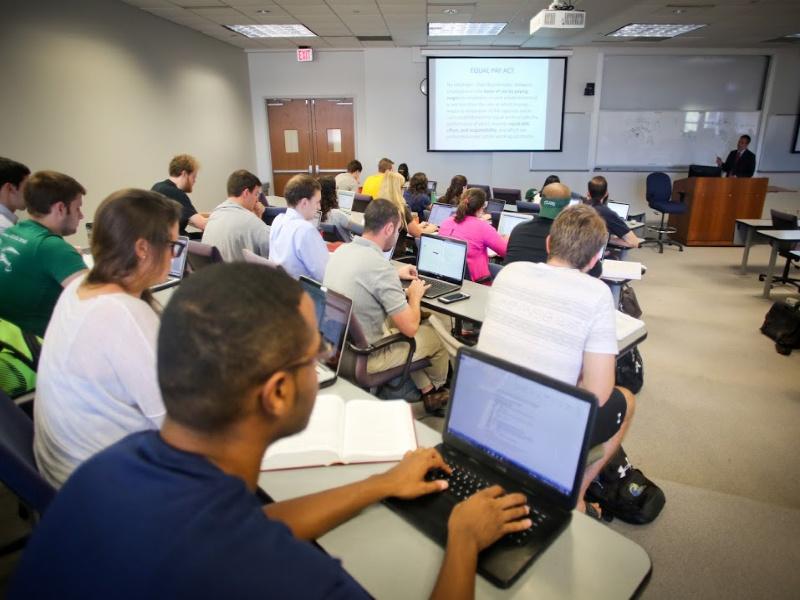Online summer courses in sports law, international negotiation offered at Tulane Law
Tulane Law is offering a number of online for-credit courses this summer for students anywhere in the world.
The Berlin Summer Program in Intercultural Negotiation and Mediation is a joint venture between Tulane Law School in New Orleans and Humboldt University in Berlin and is an experiential course in international negotiations. It runs July 6-31; this is the 22nd consecutive year that the program is being offered.
The four-week curriculum consists of lectures, Q+A sessions and role-play exercises that cover both theory and practice of negotiation and mediation. An experienced team of academic experts and practitioners from the United States, Germany and Israel provides a sound introduction to the principles and techniques of ADR and highlights the special challenges of conflict resolution in an intercultural setting.
A special unit will focus on online negotiation. Optional components feature the mediation of political conflicts (post-conflict/peace negotiations and conflicts over employment and pension rights) as well as virtual excursions to Germany and the European Union. Successful participants receive three credits of experiential learning as well as certificates in negotiation and mediation.
The entire Program is conducted online via Zoom (Mondays, Wednesdays and Fridays). Participants will move from common events (general lectures) to small groups (exercises). The language of instruction is English.
A two-credit online course in sports law titled "Antitrust and Labor Issues in College Sport" is a timely class offered by the Director of the Tulane Sports Law Program, Prof. Gabe Feldman. The course runs from June 16 to Aug. 11 (Tuesdays and Thursdays from 5 to 6:30 p.m.).
This course examines a number of the key legal issues facing college athletics today, including the battle over athlete compensation and the rapid development of name, image, and likeness rights for college athletes. This course focuses on the ways antitrust and labor laws have shaped many aspects of college sports and continue to play a significant role in the development and future of the National Collegiate Athletic Association (NCAA) and college athletics.
The course will examine the impact of antitrust and labor law on television contracts, college athlete compensation, coaching salaries, eligibility restrictions, and a number of other facets of the collegiate model. The course will also feature a number of guest lectures from lawyers, executives, and administrators in the college sports industry.
To learn more about these or other courses, go here.
To register for these courses, email: lawacademicservices@tulane.edu

